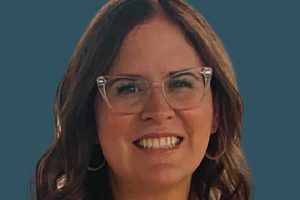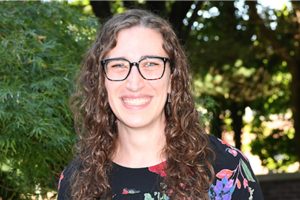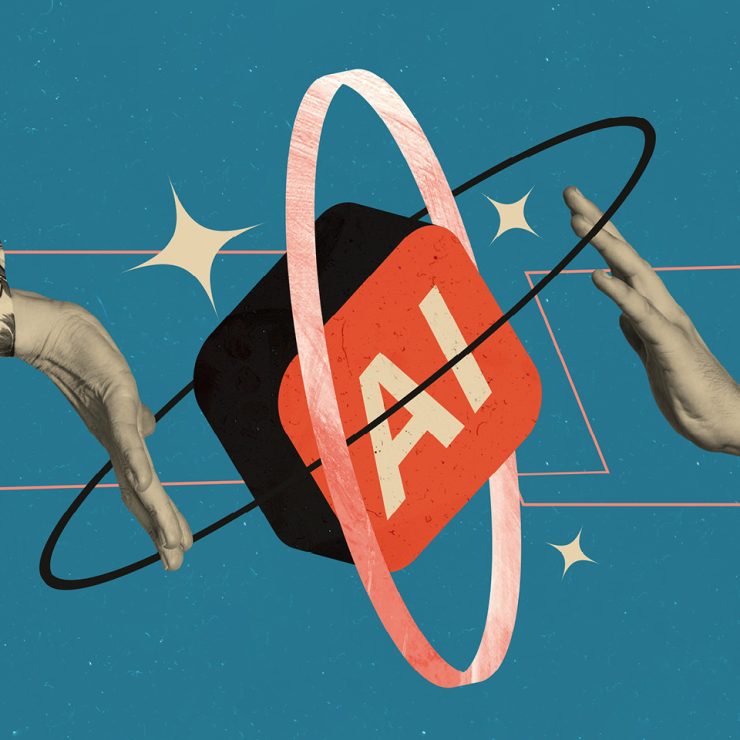As generative AI becomes more embedded in our world, one question looms large: How can humans and AI work together effectively—across industries, disciplines, and learning environments? The AI Synergy Summit at Johns Hopkins University will explore this evolving partnership, bringing together leaders and practitioners from education, industry, policy, and research to define the future of AI-human collaboration.
AI won’t replace human expertise—it’s a tool, a partner, and an amplifier of human creativity and problem-solving. But what does working alongside AI actually look like in education, business, medicine, engineering, defense, and the arts? How do we prepare learners—not just to use AI, but to collaborate with it in ethical, effective, and empowering ways?
This two-day event will foster conversations and interdisciplinary partnerships to develop actionable strategies for AI literacy and human-AI synergy across sectors.
We encourage participants to review the workshop facilitation materials in advance of the Day 2 workshop.
The AI Synergy Summit is made possible by a Nexus Convening grant from the Johns Hopkins University Provost’s Office. The event is co-sponsored by the School of Education and the Whiting School of Engineering.
June 3 – Day 1 Agenda
9:30 to 10:30 a.m. | Registration
10:30 to 11 a.m. | Welcome and Overview
11 a.m. to noon | Keynote speaker
Keynote fireside chat and audience Q&A
Joseph Aoun, president of Northeastern University and author of Robot-Proof: Higher Education in the Age of Artificial Intelligence, joins Dean Christopher Morphew for a fireside chat on what it means to educate for a world potentially transformed by AI. Together, they’ll explore how we might prepare learners to thrive—not just survive—in partnership with artificial intelligence.
Joseph Aoun, PhD, President, Northeastern University (left); Dean Christopher Morphew, PhD, Johns Hopkins School of Education (right)

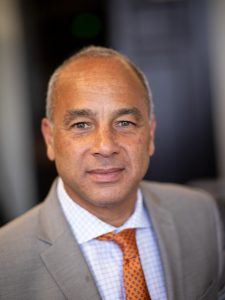


Joseph E. Aoun, a well-known higher education thought leader and renowned scholar in linguistics, is the seventh president of Northeastern University.
An internationally respected voice on the value of higher education, President Aoun has led the global expansion of Northeastern’s signature co-op program, bringing experiential learning opportunities to more than 140 countries. During his tenure, the university has created a global university system spanning 13 campuses across North America and the UK, increased external research funding sevenfold, and hired more than 800 tenured and tenure-track faculty.
He is the author of numerous articles and books, including Robot-Proof: Higher Education in the Age of Artificial Intelligence (MIT Press, revised and updated 2024). In it, he expands on his initial blueprint for colleges and universities to meet the challenges and opportunities associated with the transformative effects of artificial intelligence. The book outlines three primary strategies through an updated lens: the importance of a new curriculum for the A.I. age called “humanics”; the case for experiential learning, the ideal delivery system for this new curriculum; and a call for higher education to place lifelong learning at the heart of the educational enterprise.
President Aoun came to Northeastern from the University of Southern California’s College of Letters, Arts & Sciences where he was the inaugural holder of the Anna H. Bing Dean’s Chair. He received his Ph.D. in linguistics and philosophy from the Massachusetts Institute of Technology and advanced degrees from the University of Paris VIII (France) and Saint Joseph University (Beirut, Lebanon).
He was named a Chevalier of the Legion of Honor and a Chevalier dans l’Ordre des Palmes Academiques by the French government, and is a recipient of the Carnegie Corporation of New York’s Academic Leadership Award. He is a member of the American Academy of Arts and Sciences, a fellow of the American Association for the Advancement of Science, and a past chair of the American Council on Education. Most recently, he received the Peter J. Tanous Founder’s Award from the American Task Force on Lebanon for his exceptional achievements in education.
Noon to 12:45 | Lunch
12:45 to 1:45 p.m. | Panel 1
AI & Human Collaboration: Shaping the Future of Learning and Work
This panel explores how artificial intelligence can serve as a partner to human ingenuity across education, the workforce, and civic life. As AI becomes more embedded in decision-making, design, and communication processes, how do we prepare people not just to use AI, but to collaborate with it effectively and ethically? Panelists will consider what new capacities learners and workers will need, how institutions can build cultures that support human-AI synergy, and what leadership looks like in a time of rapid technological change. Together, we’ll reflect on the systems and structures that either enable or hinder meaningful integration of AI into the practices that define education, work, and citizenship.
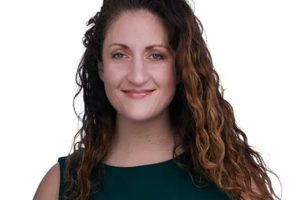
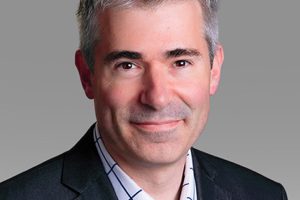
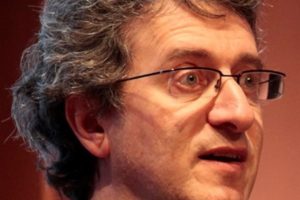
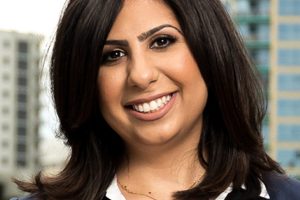
-
Olysha Magruder, EdD
Moderator
Interim Assistant Dean, Johns Hopkins Whiting School of Engineering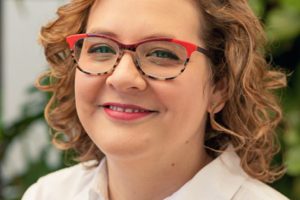
Olysha Magruder, EdD
Moderator
Interim Assistant Dean, Johns Hopkins Whiting School of Engineering

1:55 to 2:55 p.m. | Panel 2
Creative Futures: AI, Technology, and Artistic Expression
This panel discusses how artists, designers, educators, and technologists are engaging with AI not just as a tool, but as a creative collaborator. As AI technologies might come to shape the way we tell stories, make meaning, and share cultural experiences, what does it mean to be an artist, or a learner, in this landscape? Panelists will discuss ways in which AI can extend human imagination, challenge traditional notions of authorship and originality, and open new forms of expression and play. We’ll also explore the ethical and societal implications of AI in creative work, and consider how we can foster inclusive, human-centered innovation that elevates diverse voices and visions.

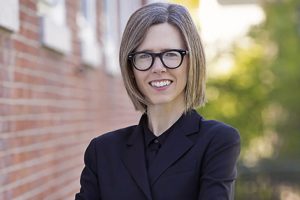
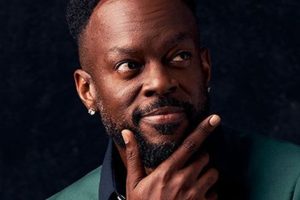
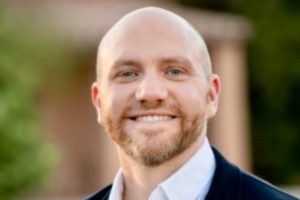
-
Will Gray-Roncal, PhD
Moderator
Principal Research Scientist, Johns Hopkins Whiting School of Engineering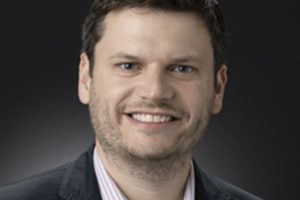
Will Gray-Roncal, PhD
Moderator
Principal Research Scientist, Johns Hopkins Whiting School of Engineering

3:05 to 4:05 p.m. | Panel 3
AI Literacy: Navigating the New Digital Landscape
This panel reimagines AI literacy as more than a defensive skill set for spotting misinformation or resisting manipulation. Instead, it invites a broader vision: AI literacy as a foundation for empowered participation in an AI-enhanced world. Panelists will explore how learners can be supported not just to understand and critique AI, but to collaborate with it in meaningful, creative, and socially responsible ways. What does it mean to be fluent in AI systems—not only as consumers, but as co-creators? How do we design learning experiences that help people develop agency, express themselves, and solve problems alongside intelligent technologies? And how do we make these capacities accessible across age groups, professions, and communities?
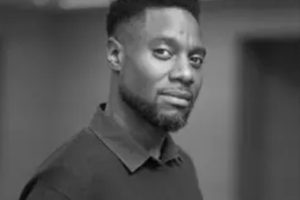

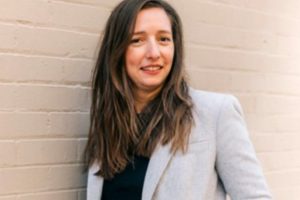
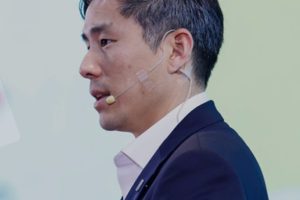
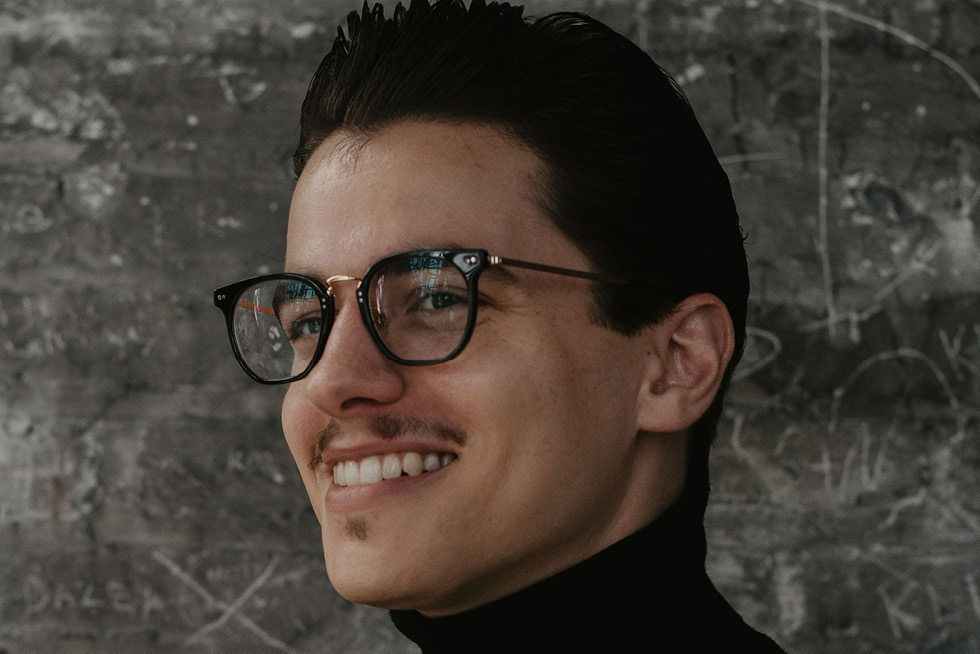
4:15 to 5:15 p.m. | Ignite Talks
-
Table A
Minds with AI— “Choose Your Own Adventure” Stories (CYOA)
Presented by:
Jennifer Villafuerte
John Rockwell -
Table B
Moving from Automation to Collaborative Intelligence: Strategiesfor Effective Human–AI Partnership
Presented by:
Nehal Khamis -
Table C
MERIT: A Model to Increase AI Literacy and Build STEM Talent
Presented by:
Sydney Floryanzia
William Gray-Roncal -
Table A
Minds with AI— “Choose Your Own Adventure” Stories (CYOA)
Presented by:
Jennifer Villafuerte
John Rockwell
Table B
Moving from Automation to Collaborative Intelligence: Strategiesfor Effective Human–AI Partnership
Presented by:
Nehal Khamis
Table C
MERIT: A Model to Increase AI Literacy and Build STEM Talent
Presented by:
Sydney Floryanzia
William Gray-Roncal
-
Table E
Enhancing Counselor Training with Artificial Intelligence: Practical Applications Across the CACREP Continuum
Presented by:
Nathaniel O. Brown
Rakesh Maurya
Péter Molnár -
Table F
CARE in Action: An AI-Powered Learning Companion for Pediatric Cognitive Assessment and Reintegration Evaluation
Presented by:
Grace Nahyoung Lee -
-
Table H
AI-Driven Adaptive Learning Platform: Future-Proofing the Nursing Workforce
Presented by:
Kristen Brown
Kimia Ghobadi
Robert Atkins
Table E
Enhancing Counselor Training with Artificial Intelligence: Practical Applications Across the CACREP Continuum
Presented by:
Nathaniel O. Brown
Rakesh Maurya
Péter Molnár
Table F
CARE in Action: An AI-Powered Learning Companion for Pediatric Cognitive Assessment and Reintegration Evaluation
Presented by:
Grace Nahyoung Lee
Table H
AI-Driven Adaptive Learning Platform: Future-Proofing the Nursing Workforce
Presented by:
Kristen Brown
Kimia Ghobadi
Robert Atkins
-
Table I
How Industry is Failing Forward in Human-AI Collaboration: Secure, Scalable, and Smart Implementations…and Some That Are Not
Presented by:
Patrick Nord -
Table J
Bridging the Research-to-Practice Gap in Education with AI: A Human-Centered Design Approach
Presented by:
Thomas Thompson -
Table K
The AI Staircase: Adding Nuance to the Use of Gen AI for Instructors and Learners
Presented by:
Eric Moore
Table I
How Industry is Failing Forward in Human-AI Collaboration: Secure, Scalable, and Smart Implementations…and Some That Are Not
Presented by:
Patrick Nord
Table J
Bridging the Research-to-Practice Gap in Education with AI: A Human-Centered Design Approach
Presented by:
Thomas Thompson
Table K
The AI Staircase: Adding Nuance to the Use of Gen AI for Instructors and Learners
Presented by:
Eric Moore
5:30 to 7:30 p.m. | Reception
June 4 – Day 2 Agenda
8 to 9 a.m. | Breakfast and Registration
9 to 9:15 | Welcome
9:15 to 9:45 a.m. | Welcome from the Deans
A recorded message from the Deans of the Schools of Education and Engineering to welcome attendees and kick off the day’s events
Dean Christopher Morphew, Johns Hopkins School of Education (left); and Dean Ed Schlesinger, Whiting School of Engineering (right)

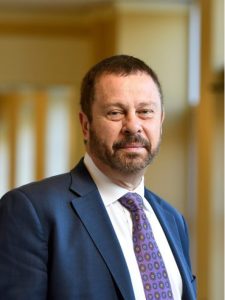


Workshops
-
10 to 10:15 a.m.
Workshop InstructionA brief orientation to prepare facilitators and participants for the day’s collaborative activities ahead.
-
10:20 to 11:30 a.m.
Brainstorming HubsSmall groups of 4–6 participants will generate and cluster creative ideas related to a specific AI literacy themes using guided techniques.
-
11:50 a.m. to 1 p.m.
Rapid PrototypingGroups will develop tangible, early-stage written or visual outputs that express key ideas from their brainstorming.
10 to 10:15 a.m.
Workshop Instruction
A brief orientation to prepare facilitators and participants for the day’s collaborative activities ahead.
10:20 to 11:30 a.m.
Brainstorming Hubs
Small groups of 4–6 participants will generate and cluster creative ideas related to a specific AI literacy themes using guided techniques.
11:50 a.m. to 1 p.m.
Rapid Prototyping
Groups will develop tangible, early-stage written or visual outputs that express key ideas from their brainstorming.
1:05 to 2 p.m. | Lunch
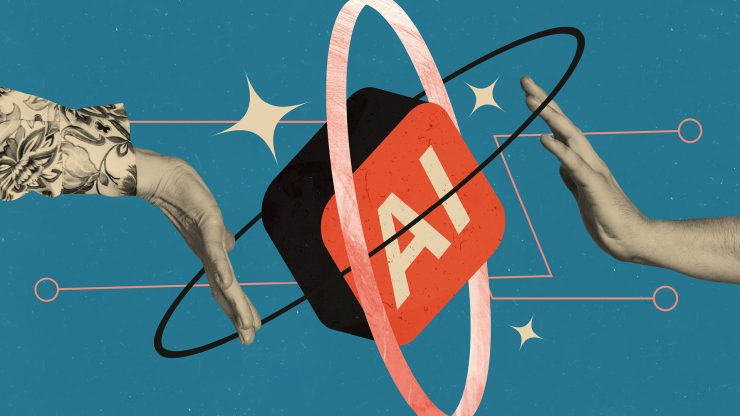
2:05 to 2:45 p.m.
Gallery Walk and Feedback
Within themes, participants will explore other group’s prototypes, offering constructive, reflective feedback through sticky notes.
2:50 to 3:30 p.m.
Thematic Syntheses
Groups working on the same theme collaborate to identify shared insights, tensions, and guiding principles, creating a synthesis poster.
2:05 to 2:45 p.m.
Gallery Walk and Feedback
Within themes, participants will explore other group’s prototypes, offering constructive, reflective feedback through sticky notes.
2:50 to 3:30 p.m.
Thematic Syntheses
Groups working on the same theme collaborate to identify shared insights, tensions, and guiding principles, creating a synthesis poster.
3:35 to 4 p.m. | Closing Reflections and Commitments
All day | Posters
-
Accelerating Python Instruction with Generative AI
Presented by:
Ian McCulloh -
Applications of Artificial Intelligence in Health Professions Education: A Competency-Based Elective Course
Presented by:
Nehal Khamis -
Beyond Diagnosis: The Effectiveness of AI in Mental Healthcare
Presented by:
Ibrahim Bukhari -
Edvise: A Chatbot for Early Warning and Intervention System for K-12 Student Success
Presented by:
Zilu Jiang
Accelerating Python Instruction with Generative AI
Presented by:
Ian McCulloh
Applications of Artificial Intelligence in Health Professions Education: A Competency-Based Elective Course
Presented by:
Nehal Khamis
Beyond Diagnosis: The Effectiveness of AI in Mental Healthcare
Presented by:
Ibrahim Bukhari
Edvise: A Chatbot for Early Warning and Intervention System for K-12 Student Success
Presented by:
Zilu Jiang
-
From Silos to Synergy: An Interdisciplinary Approach to Designing Ethical AI
Presented by:
Cat Flynn -
Generative AI Chatbots as Therapeutic Tools: A Systematic Review and Meta-Analysis of their Role in Mitigating Mental Health Issues
Presented by:
Yiying Xiong -
Is AI Gradually Replacing Human Intelligence in Learning and Work?
Presented by:
Jiayi Zheng -
Maybe It’s Not What You Need to Hear, But What You Want to Hear
Presented by:
Zichen Wang
From Silos to Synergy: An Interdisciplinary Approach to Designing Ethical AI
Presented by:
Cat Flynn
Generative AI Chatbots as Therapeutic Tools: A Systematic Review and Meta-Analysis of their Role in Mitigating Mental Health Issues
Presented by:
Yiying Xiong
Is AI Gradually Replacing Human Intelligence in Learning and Work?
Presented by:
Jiayi Zheng
Maybe It’s Not What You Need to Hear, But What You Want to Hear
Presented by:
Zichen Wang
-
Pedagrow
Presented by:
Yi Wang -
When is AI Worth It? Reth inking Surgical Training and Patient-Centered Value
Presented by:
Shameema Sikder
Anisha Paul-Ledesma
S. Swaroop Vedula
Pedagrow
Presented by:
Yi Wang
When is AI Worth It? Reth inking Surgical Training and Patient-Centered Value
Presented by:
Shameema Sikder
Anisha Paul-Ledesma
S. Swaroop Vedula
AI Synergy Summit Organizers
-
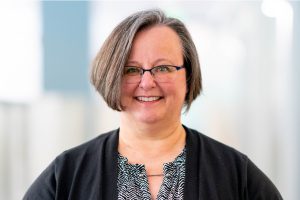
-
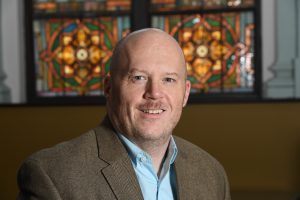
-

-
Suzanne Knizner, CMP
School of Education
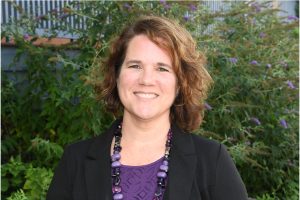



Suzanne Knizner, CMP
School of Education


